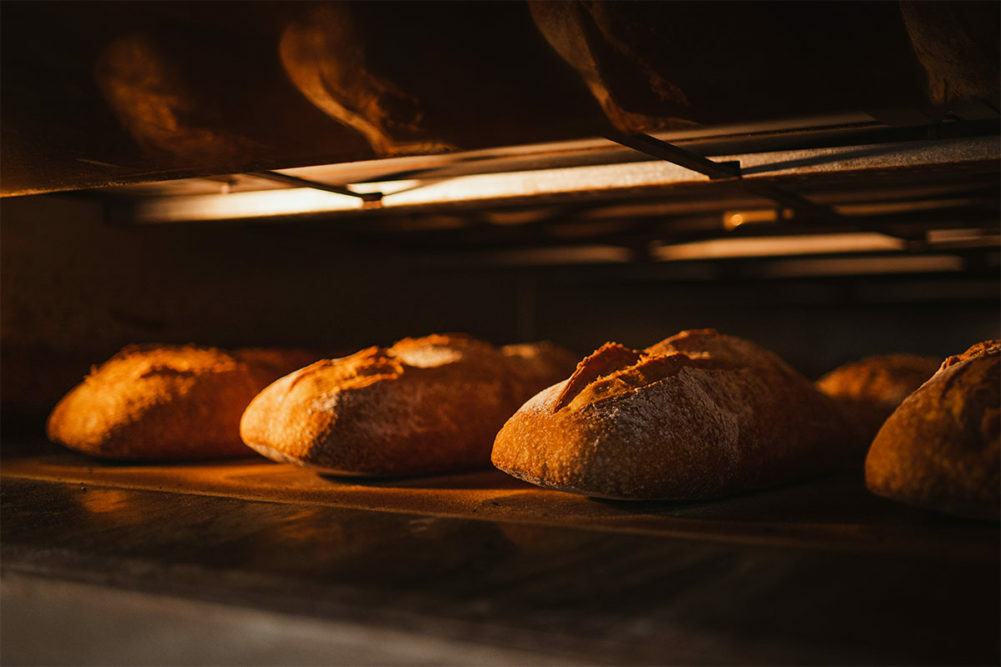UTRECHT, NETHERLANDS — The baking industry is in “better shape” heading into 2024 than it was after 2022 due to lower commodities prices, restored margins and more knowledge about navigating a volatile environment, according to a new report from Rabobank. The report, “Bakery bites: Looking back and looking ahead,” was issued this month and looks at the main US bakery developments in 2023 and speculates on what to expect in 2024.
One of these developments is volume. Rabobank said volume in most bakery retail categories was lower in 2023 than it was in 2022 because the economy was fully open and there were no new major COVID-19 variants affecting Americans’ traveling and eating-out routines. A sharp increase in prices is also likely to have contributed to lower total demanded volumes, Rabobank noted.
Moreover, volume contractions have affected most consumer goods categories, from food to cleaning supplies. Volumes for selected bakery categories in the retail channel were down 2.7% year-over-year in the first 11 months of 2023, with average prices 10.6% higher, Rabobank said. Bakery inflation also reached double digits in the second half of 2022 and has remained substantially above the Consumer Price Index (CPI) for food since then. Rabobank pointed out that the inflation will have a limited impact on final demand since baked foods are a basic-need product. A graph from the report showing the correlation between the bakery CPI and producer price index (PPI) makes the case that raising prices was necessary for catching up with increasing prices, especially after February 2022 when the war in Ukraine led to a surge in wheat and energy prices.
Margins also played a key role in the baking industry during 2023, according to Rabobank. The firm said recent price increases likely have helped restore historical EBITDA margins for breadmaking, despite loss in volumes and overall efficiency. The pandemic also improved running rates and reduced merchandise returns that contributed positively to the bottom lines and represented a major change on the operational side, Rabobank said. Margins partially gave back as volumes returned to more normal levels following a surge in main bakery commodities prices in 2022, the firm said, adding that higher pricing activity since mid-2022 also allowed increasing costs and restored margins to catch up to 10-year highs.
The report also highlighted the “extreme” performance of different agri-commodity markets over the past 12 months. Wheat futures prices were down approximately 24% in the past year while the performance of soft commodities — sugar, cocoa and coffee — were 26% to 96% higher in the same period, according to Rabobank. The firm noted that the soft commodities are associated with higher-value products, which might feel “some relief” in an economic slowdown and would positively impact sweet baked goods producers from a cost perspective (assuming weather doesn’t significantly impact crucial producing areas).
Another finding from the report was that bakers likely have listed restoring volumes while keeping current pricing and margins as one of their New Year’s resolutions for 2024. Volatility is also likely to decrease, allowing for better cost management, strategic pricing and promotional activities, Rabobank said. Improved margins and dropping commodities prices are likely to allow promotional activity aimed at the bargain-focused shopper, a constantly expanding group, the report noted. Even with inflation easing, compressed discretionary income remains while high consumer debt and the grim economy are likely to keep consumers cautious with spending in 2024, Rabobank said.
Rabobank pointed out that upcoming macroeconomic developments remain uncertain as high interest rates have slowed down economic activity with effects from the higher cost of borrowing continuing to last throughout the new year. The report found resilient economic indicators in the United States (gross domestic product, employment and consumer spending), the end of the interest rates hiking cycle and cuts forecast in 2024 all dispel fears of a massive or abrupt economic slowdown that could materially affect demand for food staples such as baked foods. Tighter discretionary spending also could increase demand, specifically favoring food at home instead of eating out, according to Rabobank.
The report said a slower global economy is already positively affecting the cost side. The 2024 Rabobank outlook for agriculture commodity markets estimates that food commodity prices — sugar, coffee, corn and soybeans — will “normalize somewhat” in 2024 as strong supply meets weak demand for international markets. Wheat, meanwhile, depends on the war in Ukraine and Russian export restrictions, but it is unlikely to be as high as past years.
To access the full report, click here.





